#ossian
Text
Let the winds of autumn rise and come in storms over the black moors! Let the torrent roar through the forest and the tempest howl in the crowns of the oaks and the moon show her changing face in pallor through the breaking cloud—
Ossian, quoted in ‘The Sorrows of Young Werther’ by Johann Wolfgang von Goethe, tr. David Constantine
410 notes
·
View notes
Text

Jean-Auguste-Dominique Ingres: The Dream of Ossian (1813)
#art#painting#19th century#arts#french art#poet#ossian#ossian's poems#poetry#artistry#gallery#museum#aesthetic#art history#france#inspiration#jean auguste dominique ingres#shapes#neoclassicism#romanticism#paint
87 notes
·
View notes
Text
Herman Melville on Napoleon’s love for Ossian
Context: Ossian is the narrator and purported author of a cycle of epic poems published by the Scottish poet James Macpherson, originally as Fingal (1761) and Temora (1763), and later combined under the title The Poems of Ossian.
“I am rejoiced to see Hazlitt speak for Ossian. There is nothing more contemptable in that contemptable man (tho' good poet, in his department) Wordsworth, than his contempt for Ossian. And nothing that more raises my idea of Napoleon than his great admiration for him.—The loneliness of the spirit of Ossian harmonized with the loneliness of the greatness of Napoleon.”
Melville wrote this around 1862 in the margins of his copy of Hazlitt’s Lectures on the English Comic Writers and Lectures on the English Poets
Source: Hershel Parker, Herman Melville: A Biography - Volume 2, p. 436
#Herman Melville#Melville#Napoleon#napoleon bonaparte#Hershel Parker#Herman Melville biography#Herman Melville: A Biography#Hazlitt#Lectures on the English Comic Writers#Ossian#romanticism#napoleonic era#napoleonic#american literature#American lit#american renaissance#Wordsworth#the poems of Ossian#celtic mythology#fingal#temora#british literature#Scottish#scottish literature#Scotland
27 notes
·
View notes
Text

31 notes
·
View notes
Text
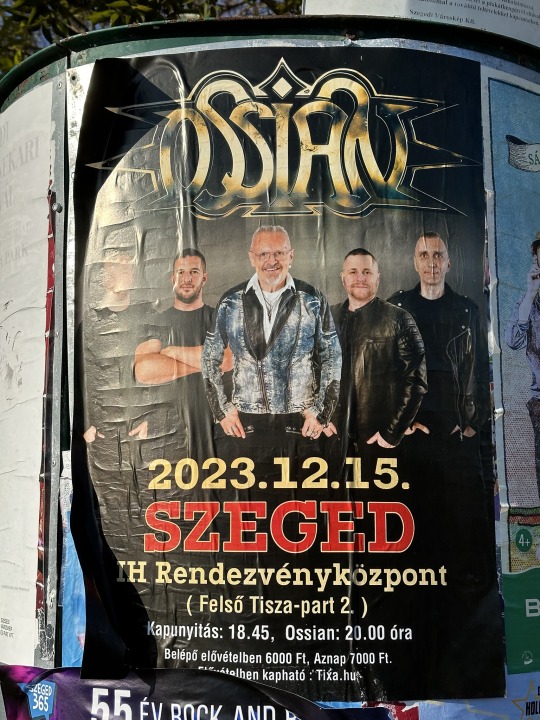
Nem fogjátok elhinni ki nem fog erre menni
18 notes
·
View notes
Text

'Ossian Carrying His Dead Brother Gillan, Followed By Fingal’s Dog Bran'. C.F. Høyer. 1805-1808.
32 notes
·
View notes
Text
I see who you are
Emma Hawkins
You are my enemy
Scroop
My enemy
Hatred
You are my enemy
Ossian
Hatred belongs to @emerald-echeveria-plant
#emma hawkins#emma lyra hawkins#ossian#treasure planet oc#not my oc#hatred#tp: all in the same boat au#tp: wormhole au#wrecked solar ship
7 notes
·
View notes
Text
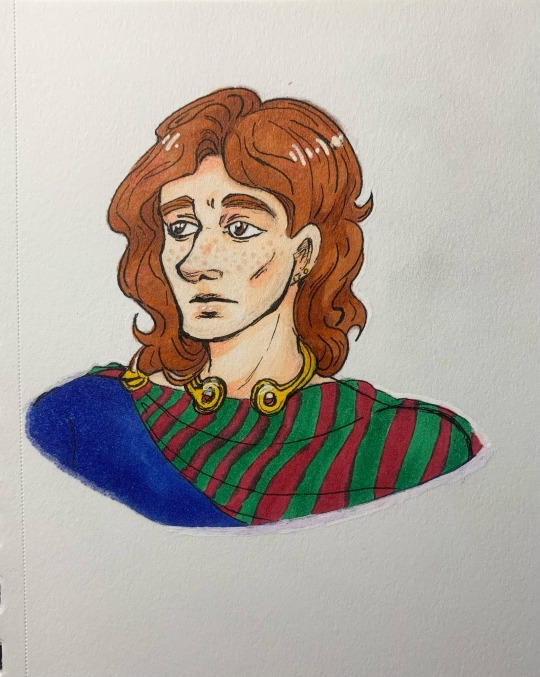
Art of my boi, my cinnamon roll, Oisean (Ossian), son of Finn McCool in Irish and Scottish mythology and folklore. I may or may not be writing a celtic epic poem in which he is the main character…
#didn’t want to draw tartan but used Clan McCool colours#celtic mythology#irish mythology#scottish mythology#scottish folklore#ossian#finn mccool#mythology art#traditional art#marker art#doodlysketch#sketch
9 notes
·
View notes
Photo
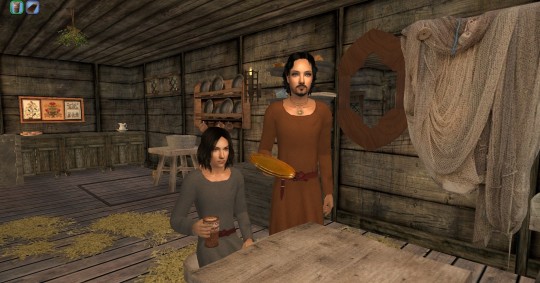
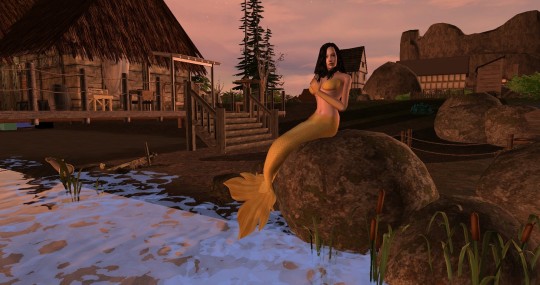
The house feels empty with the mermaids gone. Marvin misses his twin sister Marnia and starts to think that his future may not be as a fisher. As much as he loves his younger brother Aegir, he cannot share the interests of a merboy. Maybe he could join the army like his brother Ossian, and his father Rasmus before him? Rasmus left the army when he married Marina and is not very much in favor of his son following that career. Another option for Marvin could be to become a servant in an affluent family. Meanwhile Marina is dreaming of the world under the sea.
44 notes
·
View notes
Text
Where is my Peripheral fandom???
I mean, I get it, there’s no just a speck no romance here, especially no gay romance, or even gay undertones (although that could have been argued back in the day), but Come ON!
Nothing???
#the peripheral#flynne fisher#wilf netherton#burton fisher#conner penske#ossian#ash#cherise nuland#aelita west#(love her btw)#(want more)#that whole haptic team#and haptic drift that feels like love...#where's that huh?#or#edward and macon#ehhhh....#i know amazon is evil#but pirate that shit#it's awesome
60 notes
·
View notes
Text
[…] speak, ghosts of the dead, speak, I will not shudder at it.
Ossian, quoted in ‘The Sorrows of Young Werther’ by Johann Wolfgang von Goethe, tr. David Constantine
194 notes
·
View notes
Text
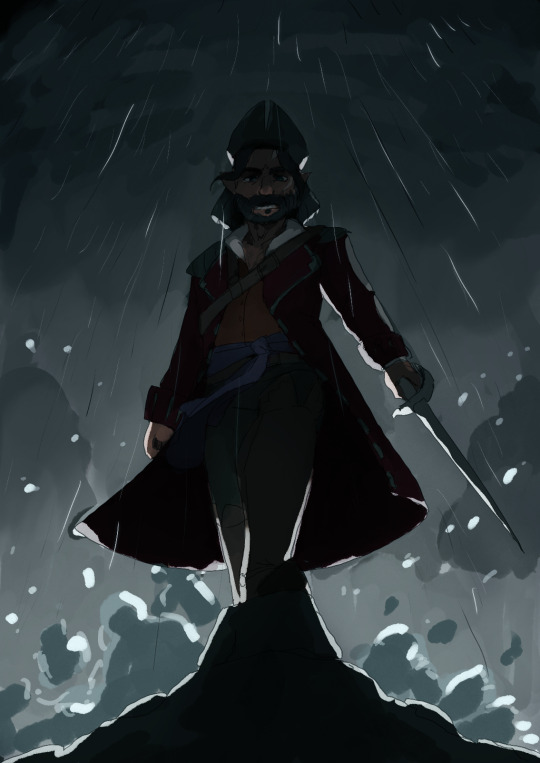
artfight attack on @justshannanigans
13 notes
·
View notes
Text

L'apothéose des héros français morts pour la patrie pendant la guerre de la Liberté, dit aussi Les ombres des héros français reçues par Ossian dans l'Elysée aérien
The apotheosis of French heroes who died for their country during the war for liberty, also known as the shadows of French heroes received by Ossian in the aerial Elysium
Artist: Anne-Louis Girodet
Commissioned by Napoleon
#Napoleon’s Ossian obsession#neoclassical#Girodet#Anne-Louis Girodet#Napoleon#napoleonic era#napoleonic#first french empire#France#French art#Ossian#1800s art#french empire#napoleon bonaparte#history
46 notes
·
View notes
Text


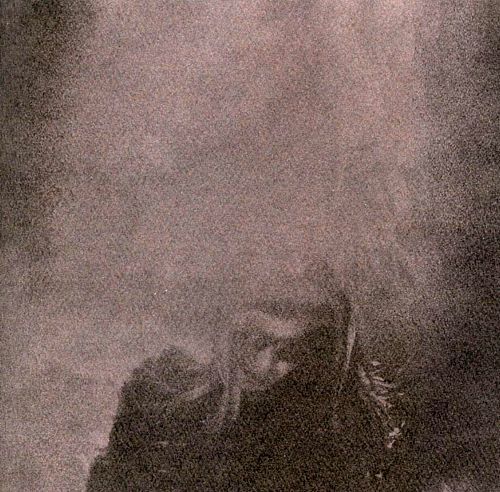


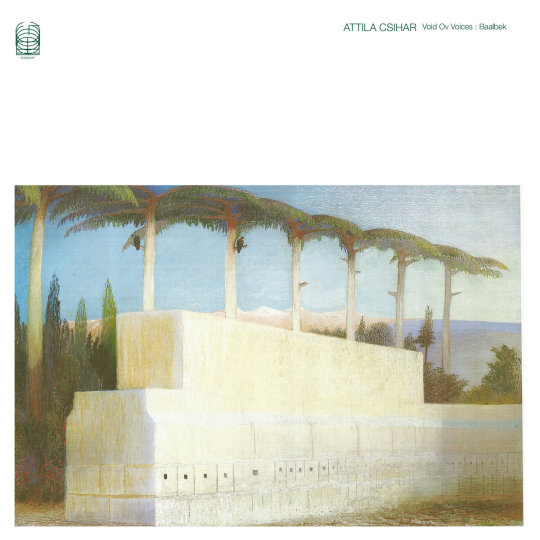




My albums selection for the next week:
Mosquitoes – Minus Objects
Rg Rough - Unstrung
Keiji Haino - So, Black Is Myself
The Stargazer's Assistant - Fire Worshipper
Witxes – Sorcery/Geography
Attila Csihar - Void Ov Voices : Baalbek
Ossian – Ossian
United Bible Studies - Roses In The Voltage
Maria Zerfall - Zerose: Liebe Sex & Zärtlichkeit
Hania Rani - On Giacometti
#musical sugestion#musical selection#mosquitoes#rg rough#keiji haino#the stargazer's assistant#witxes#attila csihar#ossian#united bible studies#maria zerfall#hania rani#experimental music#industrial music
25 notes
·
View notes
Text
A fantasy read-list: B-1
Part B: The First Classical Fantasy
1) On one side, the British Isles...
We looked at the most ancient roots of the fantasy genre, which are... well, literaly antique roots - the texts of the Antiquity, the myths and mythologies of the world, the legends of the so-called “pagans” and the tales of long-gone societies, cultures and civilizations. Plus the true, literal “medieval fantasy” and some Arthuriana sprinkled at the top. Now I want to explore the Renaissance fantasy - or rather the first wave and apparition in literature of true “proto-fantasy”. These classical works that are still heavy influences and inspirations on modern fantasy pieces, but are younger than all the mythological and medieval stuff.
Given this huge read-list promises to be very big, very long and span over several years, I will try to restrain myself here to two nation-tied phenomenon. And in this specific post I will look at a given wave of “classical proto-fantasy” in the British Isles... Beginning with none other than...
# Shakespeare. William Shakespeare, the Bard of Avalon, the greatest playwright of England and a man whose work shaped our common imagination and popular culture today. Of course, since this list is focused about the wide genre of fantasy, I must start by listing his more openly supernatural and fantastical plays. On one side you have a lighter, more colorful and whimsical world of wonders and magic, in the shape of supernatural comedies, be it A Midsummer Night’s Dream, with its now world-known depiction of the fairy court as the Titania-Oberon-Puck triangle, or The Tempest, which implanted archetypal figures such as Prospero the wizard, Ariel the aerial spirit or the monstrous Caliban. On the darker side of fantasy, you have the grim and nightmarish tragedies that are Hamlet, one of the most famous cases of royal hauntings and madness in the history of theater, or Macbeth, which changed forever the way people view witches throught its iconic trio of Weird Sisters.
But the beautiful thing with Shakespeare is that even in his more “mundane” and “realistic” works, the magic never truly goes away. Thanks to his poetic writing and his love of symbolism and mysticism, Shakespeare maintains throughout his work a fantastical ambiance, an ambiguous tone that opens the door for many oniric sequences or supernatural readings. The description of Mab, queen of fairies, in Romeo and Juliet was just as influential on fairy folklore as A Midsummer Night’s Dream. The abnormal storm and pagan madness of King Lear leaves one wondering about the true cosmic powers at work here. And even in historical works witchcraft is never far away - such as with Richard III, where devilish forces and hellish characters are at play in an well-recorded historical event...
# But beyond Shakespeare, or rather all around him, there was a constellation of other poets and playwrights who helped conceive, flesh out and develop this “wonder-wave” that swept across Elizabethan England. Take Shakespeare’s most famous rival for example, Christopher Marlowe, who wrote The Tragical History of Doctor Faustus, the first ever adaptation of the Faust legend for the stage. You have Edmund Spenser and his mystical fay epic, The Faerie Queene, which influenced not just Shakespeare but many more authors of knight adventures and fairy works. I can also mention Michael Drayton’s Nimphidia, The Court of Fairy (or Nymphidia depending on how you write it), a poem drawing from Shakespeare’s fairy characters to depict all the affairs, treacheries and secrets at the otherworld’s court ; or the various Elizabethan retellings of Ovid’s Metamorphosis written by John Lily (Endymion, Midas, Galathea...).
# And of course, I have to point out here that beyond specific authors, Shakespeare’s fantastical works drew from a lot of various sources, all representing different fragments or aspects of the way people approached the supernatural, folklore and legends in their time. For example, the more Jacobean play The Witch by Thomas Middleton, which had elements reused for Macbeth ; or the Daemonologie of King James, which also influenced Shakespeare’s writing of demons and witches. I can also drop here names going from quite obscure today, such as The Spanish Tragedy of Thomas Kyd, to behemoths of culture, like Dante’s Divine Comedy.
# Speaking of a man of the Isles who explored and influenced the fairy literature... I have to mention Robert Kirk, and his treatise on fairies and ghost known as The Secret Commonwealth. To this day, Kirk is still considered one of the greatest folklorists and collector of supernatural tale and fairy/ghost/witch beliefs of the 17th century, and The Secret Commonwealth stays one of the major “fairy books”.
# Leaving a bit the topic of fairies, I will conclude this post with one name... Ossian. During the 18th century, James Macpherson discovered and translated ancient Gaelic texts of Scotland - a series of epic poems attributed to a legendary bard by the name of Ossian. He started by translating Fingal, An Epic Poem in Six Books, and then worked on Temora, An Ancient Epic Poem, before collecting it all as The Works of Ossian. This discovery and translated was a HUGE phenomenon, and a revolution in the world of culture. Up until that point, people had praised the Homeric epics and thought the “Homeric phenomenon” was a one-time thing that couldn’t have happened anywhere else but Ancient Greece... And yet here were these great, glorious, excellently done, epic poems of mythical heroes and ancient witchcraft and gods, attributed to a mythical god-inspired bard and poet, part of another form of Antiquity than the Greco-Roman one. People jubilated upon discovering the “Celtic Homer”, and praised these grea poems proving that the Greek epics could be challenged by Gaelic sagas...
... But the thing is that James Macpherson probably never translated those works, and that maybe Ossian was a purely fictional invention. You see, James Macpherson was a poet himself with not much success before “discovering” the works of Ossian, and he was deeply passionate about ancient Scottish poetry and Celtic texts and the like, collecting them and imitating them. Despite their enormous importance and influence for literary movements, and painters across Europe, and poets for centuries to come, the poems of Ossian are clearly artificial in nature, written by Macpherson alone without any “translation” required. The poet purposefully created a “Celtic Homer”, as a way to sell his work - and selling it did! Mind you, the Ossian poems stay true to the texts and essence of ancient Celtic legends and myths. Macpherson knew his sources, as I said was passionate about ancient Gaelic poetry, and he took inspiration and influence from works such as the Ulster cycle, the Fenian cycle, the Book of the Dun Cow, the Book of Lismore or The Yellow Book of Lecan... The very fictional character of Ossian was actually shaped after the mythological character of Oisin. But Ossian and his poems stay an artificial creation of an 18th century poet, even though they fit perfectly alongside antique Celtic texts. It is similar to how nowadays Titania is an integral part of fairy folklore, and yet she was a literary inventon of Shakespeare for one of his plays.
#fantasy#fantasy read-list#fantasy reading list#shakespeare#british literature#scottish literature#ossian#fairy folklore#fairies#william shakespeare#james macpherson#robert kirk#shakespeare plays#fairy poetry#fairy literature
9 notes
·
View notes
